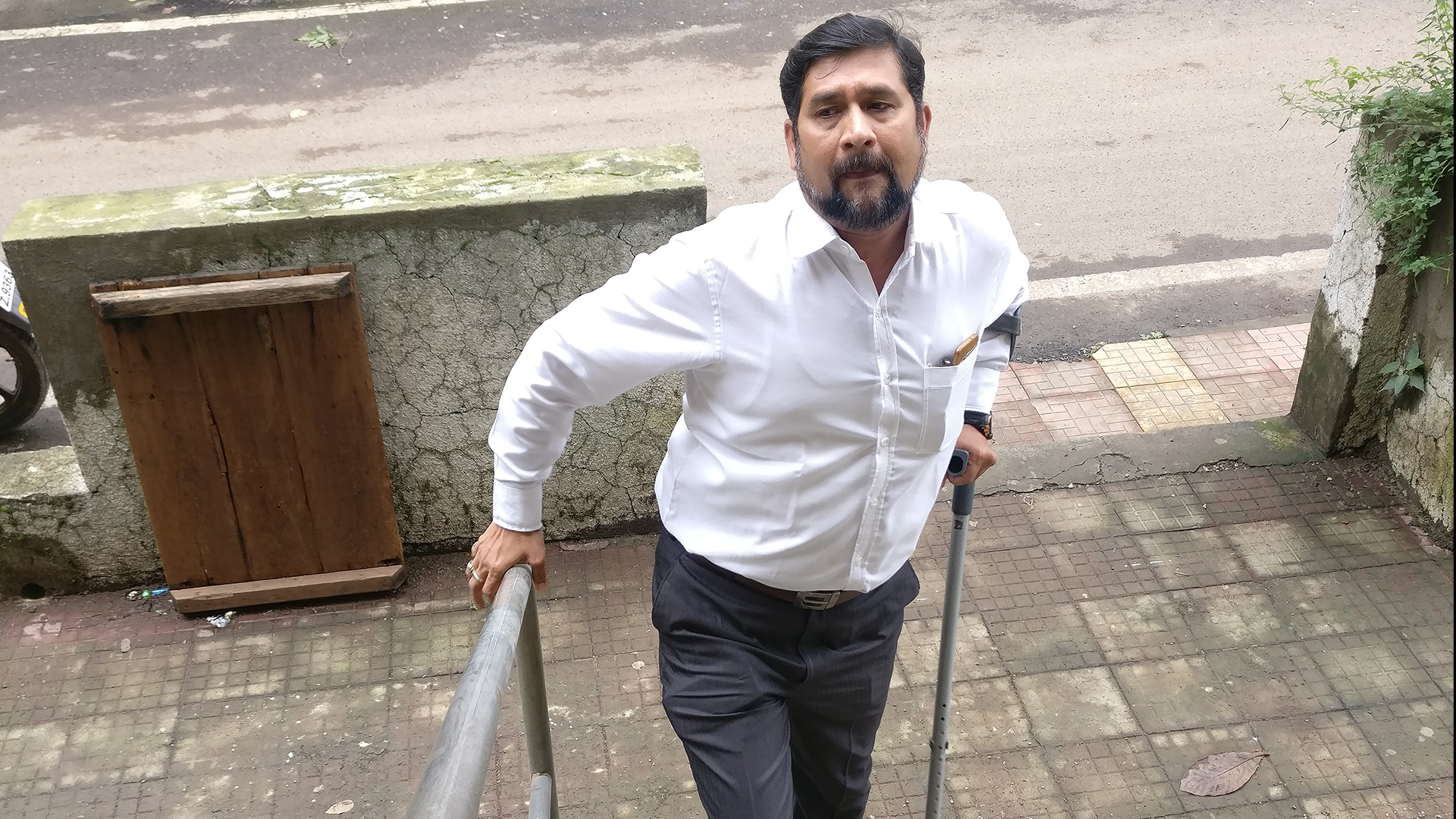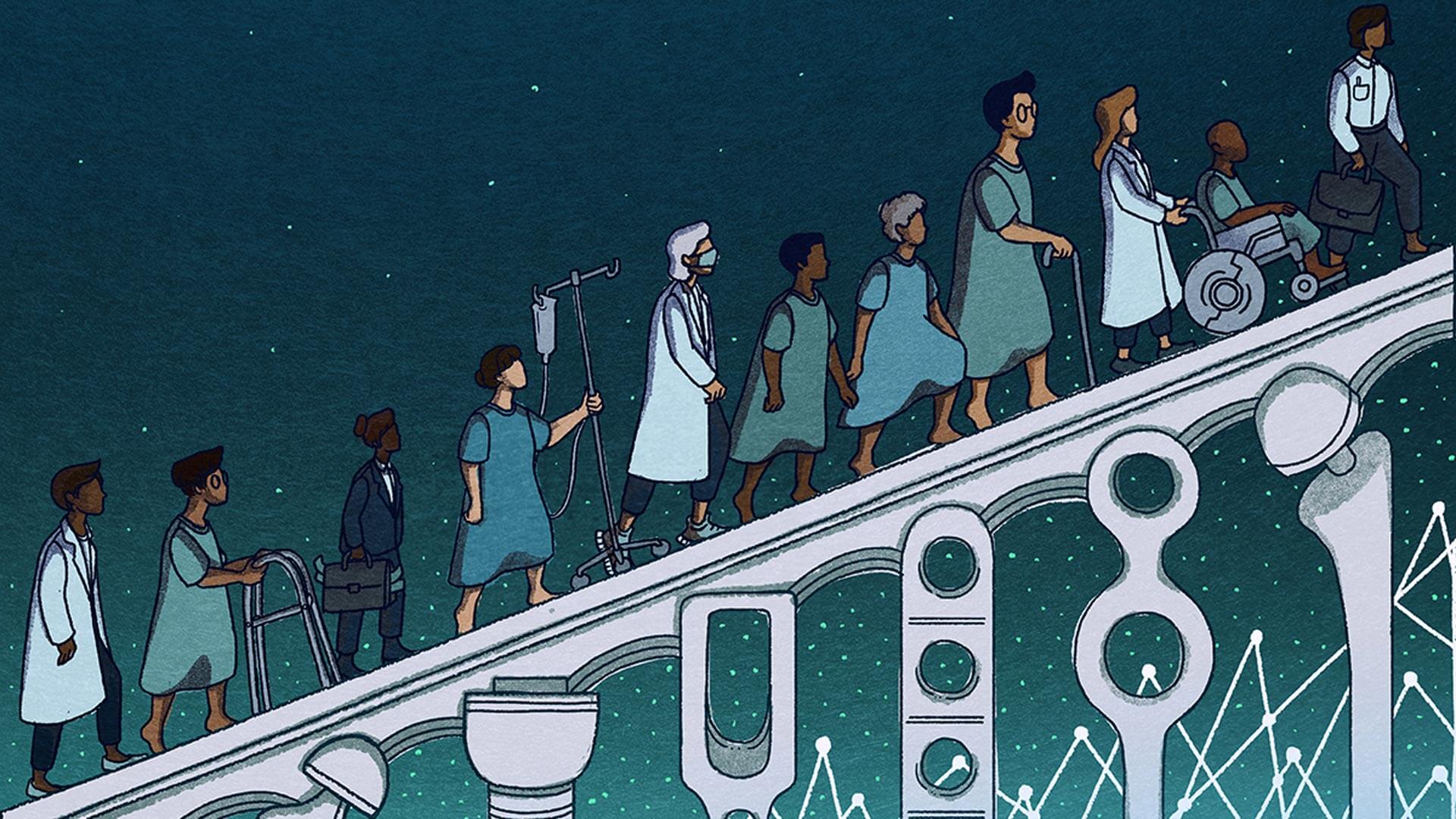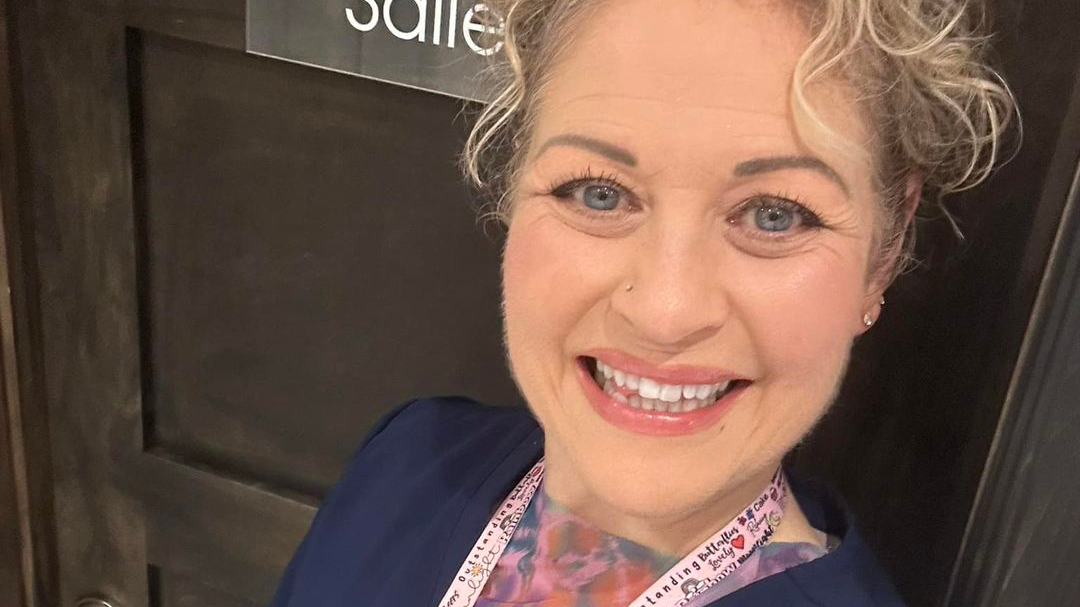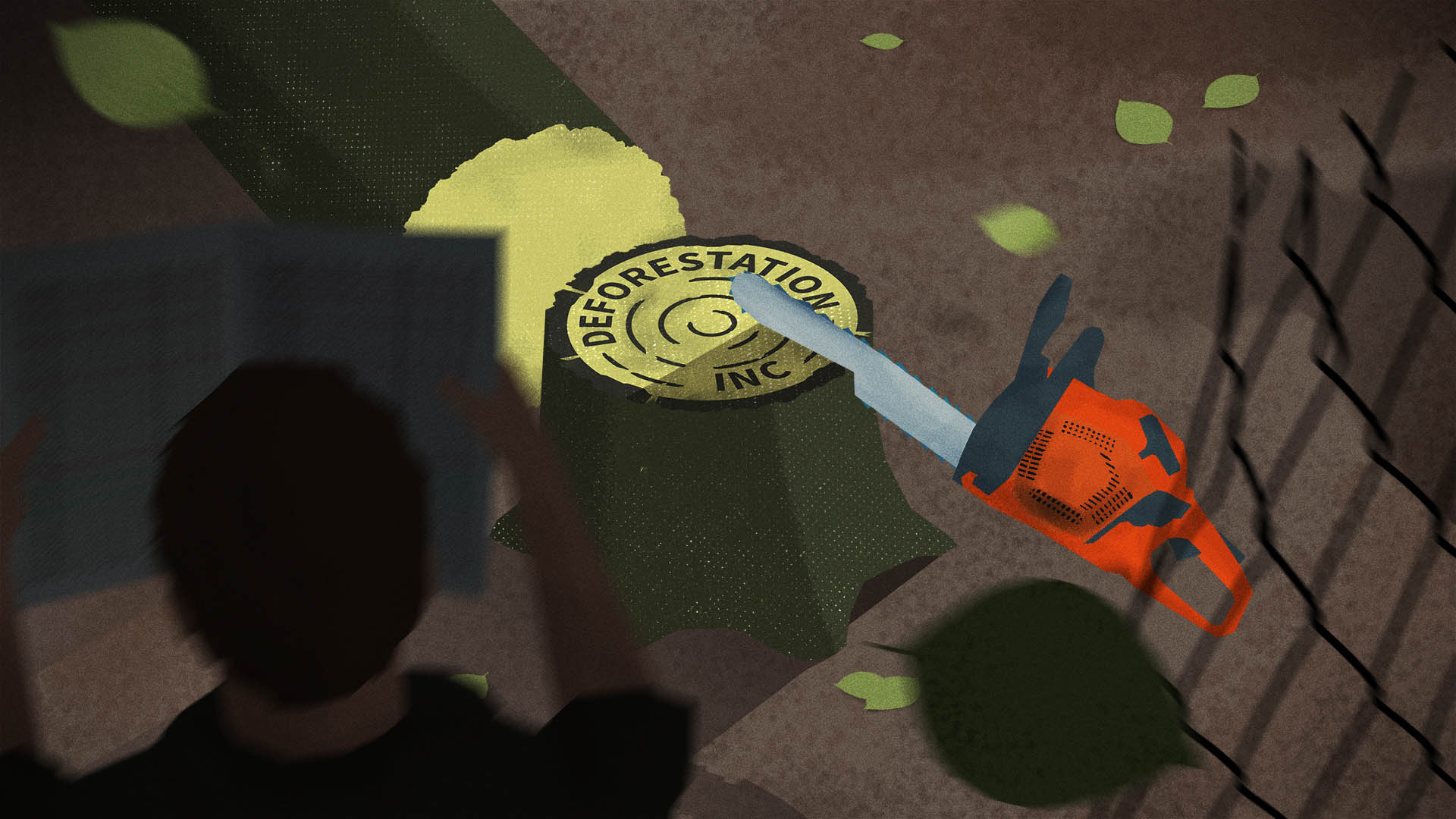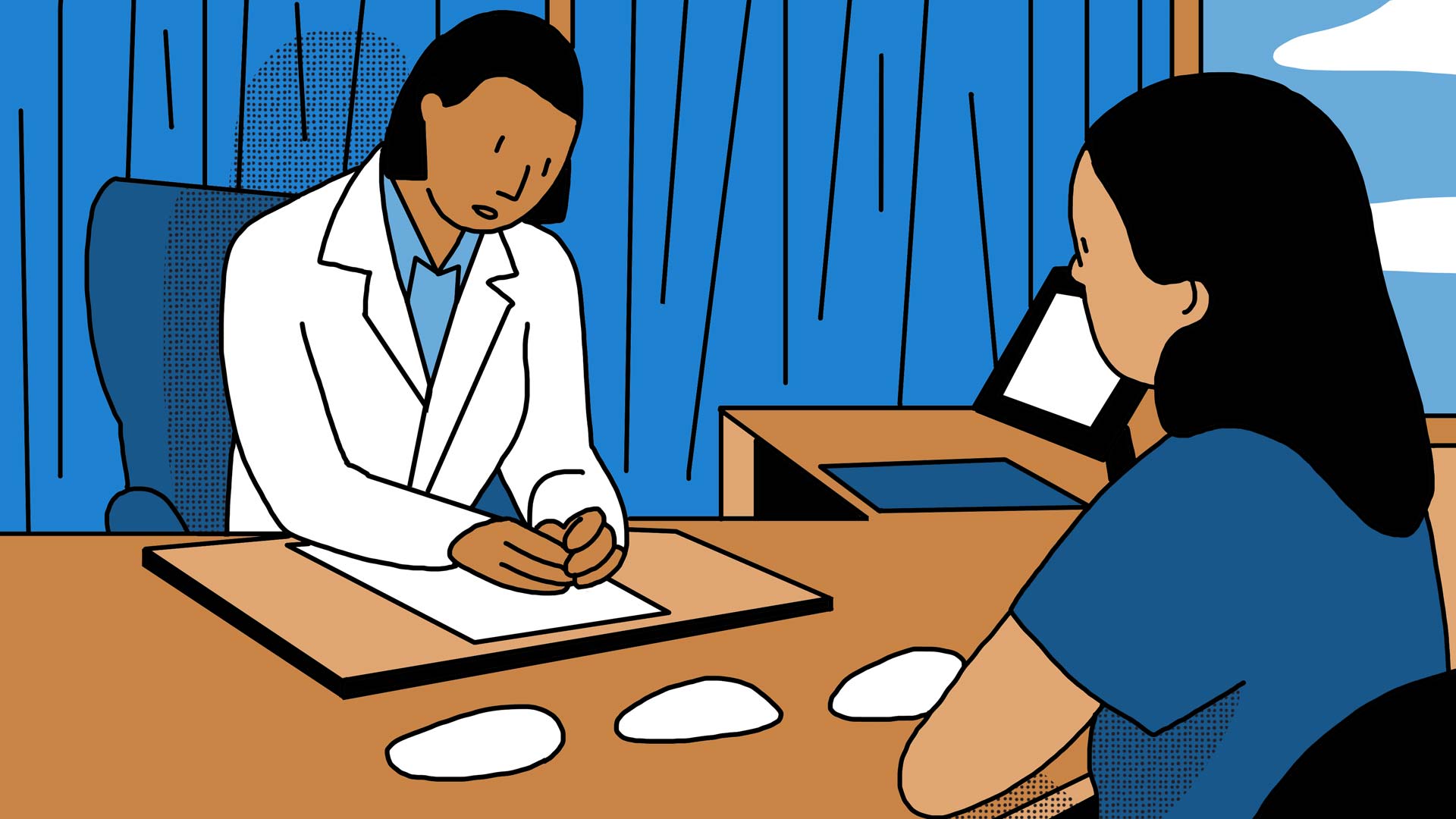
Women who flew hundreds of miles to Tunisia for breast implants only to return home to France in crippling pain received scant warning of the risks and little more than WhatsApp messages in support from their surgeons, a new Implant Files investigation found.
The painful experience of three women was reported by Inkyfada, a Tunisian news organization that partnered with the International Consortium of Investigative Journalists (ICIJ) as part of its latest global collaboration, the Implant Files.
The global investigation found that regulators around the world have approved devices with little or no safety testing and are slow to stop selling defective ones even as injuries mount.
Inkyfada’s story comes as ICIJ and partners around the world continue to ask for patients’ stories relating to medical devices. In addition to Inkyfada’s reporting, several women have already responded to the survey noting that while they live in France, their operation was in Tunisia.
Tunisia is Africa’s second busiest medical tourism destination after South Africa. Hundreds of thousands of people, many from France, travel each year to the country, according to official statistics.
Inkyfada reported that the women, who were not quoted by name but given pseudonyms in the reports, traveled to Tunisia for breast augmentations with the help of travel planners who specialize in connecting patients with doctors.
One patient, “Sophie,” told Inkyfada she received little explanation of the risks of breast implants, which studies have linked to a rare form of immune system cancer.
Sophie claimed that she spent little more than 10 minutes speaking to her Tunisian surgeon before the operation. When Sophie returned to France days after the operation, her sole connection to the surgeon was the promise of his availability on WhatsApp.

Four months later, Sophie told Inkyfada she felt strong pains in her right breast. A scan, done in France, revealed that the implant was bent, risking a rupture and possible leak of silicon.
Her doctor “told me that it was impossible and that she had only ever seen such cases with implants at least 10 years old,” Sophie said about the French doctor’s reaction to the initial scans.
After more months of pain, Sophie returned to Tunisia where the surgeon replaced her implant.
Sophie told Inkyfada that when she complained that the surgeon had not properly informed her of risks before the operation, he threatened to publish photos online of Sophie’s chest if she sent him further “defamatory messages.” The surgeon did not respond to Inkyfada’s requests for comment.
Sophie contacted a Tunisian lawyer to sue the surgeon and tour operator for failing to explain the possible dangers of breast implants and surgery.
The two medical tourism operators who helped the French patients find doctors in Tunisia told Inkyfada that the implants were approved in Europe and posed no risks.
The president of Tunisia’s association of doctors, Mounir Youssef Makni, told Inkyfada that several doctors find it “unacceptable” to use a tourism operator to connect a doctor and a patient. The patient’s psychological state may not be properly considered, given the speed of the operation, he said.
“It becomes almost industrial, and there is a lot of scrimping on the quality of care,” he said.
Most of them go to Tunisia, where there are plenty of tourism packages. Others go to Morocco and, more rarely, to Algeria. – Michael Atlan
“Audrey,” another patient who spoke to Inkyfada, said she had trouble persuading doctors in France to help once problems developed from the implants. French doctors said they feared being held responsible for the errors of Tunisian surgeons if they intervened, Audrey told Inkyfada.
Michael Atlan, a French doctor who spoke to ICIJ’s French reporting partner Le Monde, said that he operates on two or three women each month who have returned from implant surgery overseas.
“Most of them go to Tunisia, where there are plenty of tourism packages,” Atlan said. “Others go to Morocco and, more rarely, to Algeria,” he said.
The problem is not widespread, but the lack of follow-up with patients by the doctors post-surgery is a “huge problem,” Atlas said.
Tunisia’s ministry of health has announced plans to create a list of approved tour operators to better monitor patient security.
The plan is backed by Tunisia’s medical council, its president Mounir Youssef Makni told Inkyfada. Makni said that certifying medical tourism operators is necessary “so that the patient is no longer considered just a number.”

